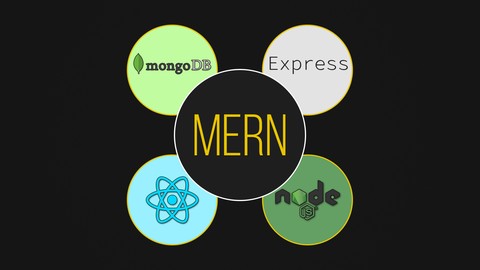
Geospatial Data Science with Python: GeoPandas
Vector based geospatial analysis
Created by Michael Miller | 10 hours on-demand video course
Learn why the Geospatial Data Science tools are becoming so popular in the Geospatial sector. The combination of Jupyter Notebooks with Python and GeoPanda’s allows you to analyze vector data quickly, repeatably, and with full documentation of every step along the way so your entire analysis can be repeated at the touch of a button in a notebook format that can be shared with colleagues.
If you ever get asked to explain your analysis, either for a scientific paper, to defend your results in a court, or simply to share what you’ve done with others so they can follow your steps than you will be glad that you conducted your analysis in Jupyter notebooks with GeoPanda’s rather than in a traditional desktop GIS system.
If you ever get frustrated with limitations in desktop GIS software, some of which is still 32 bit, single core software that uses decades old technology under the hood then you will appreciate the performance that can be achieved with this approach.
What you’ll learn
- How to analyze geospatial data using the python data science ecosystem
- Using Jupyter notebooks to provide complete documentation of your workflow and interactive code examples
- The basics of the python data science ecosystem: NumPy, Matplotlib, Pandas, SciPy, Scikit-learn
- Geospatial extensions to the Python data science ecosystem: Fiona, Shapely, GDAL, PySAL and most importantly GeoPandas
- Perform common vector analysis tasks with GeoPandas
Recommended Course






![Angular & NodeJS - The MEAN Stack Guide [2025 Edition]](https://couponos.me/wp-content/uploads/Angular-NodeJS-The-MEAN-Stack-Guide-2024-Edition-336x220.jpg)



 Wishlist
Wishlist